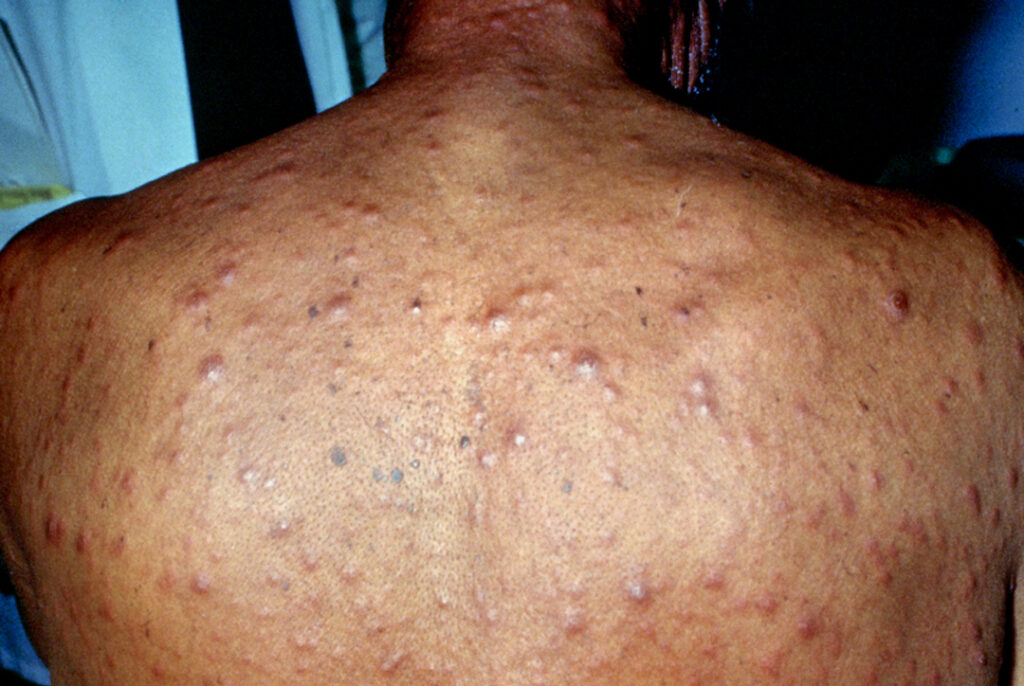What is syphilis?
Syphilis is a sexually transmitted infection caused by the bacterium Treponema pallidum (T. pallidum). Syphilis first appears as a small, painless sore on the rectum, sexual organs or mouth. Untreated syphilis left for a long time can cause damage to organs like the brain, nerves and heart.
How does syphilis spread?
Syphilis can be spread through;
- Unprotected vaginal, anal or oral sex with an individual who is infected.
- Mother to child transmission during pregnancy.
- Sharing of injections and needles with an infected person.
What Causes syphilis?
Syphilis is caused by bacteria called Treponema pallidum. This bacteria can get into one’s body through cuts on the skin or by an individual getting in contact with a syphilis sore on someone else’s body.
What are the Symptoms of syphilis?
Depending on the stage in which the infection is in the person, syphilis presents several symptoms in its 4 stages of progression in the human body. These stages include;
Primary Syphilis
In the primary stage or early stage of infection, there is usually a painless sore around the place of infection either the mouth or genitals. This sore would disappear on its own after a couple of days or weeks if left untreated.
Secondary Syphilis
This stage of Syphilis occurs if the disease is left untreated after the primary stage, some symptoms that may begin to be noticed in this stage include;
- Swollen Lymph nodes
- Fever
- Rash
- Fatigue
- Weight loss
- Unexpected hair loss
Latent Syphilis
During this stage which can last from between 10-20 years, syphilis shows no symptoms but would be in the patient’s body.
Tertiary Syphilis
This is the final stage of the syphilis progression in an infected person, at this stage, the disease begins to cause organ damage to the heart, brain, liver, joints, blood vessels and bones. At this stage, the infection can lead to a permanent disability and even death. It is important for treatment to have been made before this stage so as to prevent the complications that can occur.
Diagnosis of Syphilis
The tests for syphilis include;
- Blood test: The blood is taken and tested for syphilis causing bacteria
- Darkfield microscopy: The bacteria causing Syphilis can be seen through a microscope, hence fluid from a skin sore is taken and tested.
- Cerebrospinal fluid test: Fluid is taken from the spinal cord and tested for syphilis.
What is the Treatment of Syphilis?
With early diagnosis, syphilis can be treated by taking doses of penicillin antibiotics or doxycycline for people who are allergic to penicillin recommended by your doctor.
Your sexual partners too should undergo syphilis tests and get treated if infected.
How can we prevent Syphilis?
Syphilis can be prevented by;
- The use of condoms during sex
- Reduced multiple sexual partners
- Avoid sharing sex toys
- Sharing of needles can also transmit syphilis, this should be avoided.

